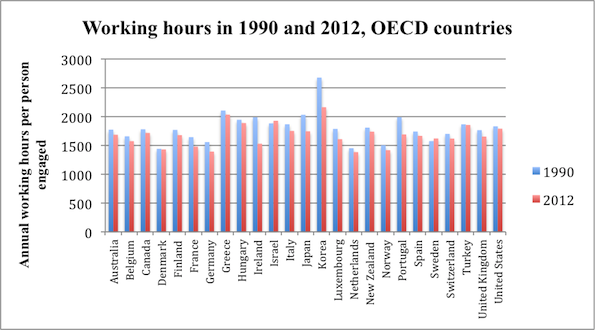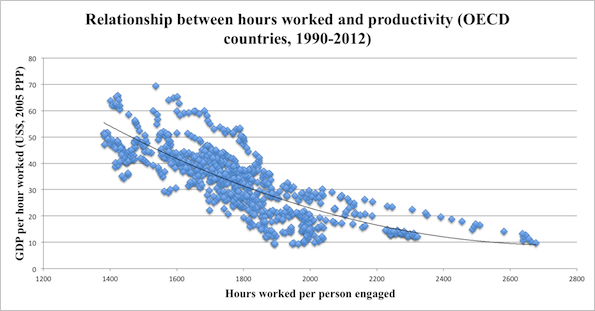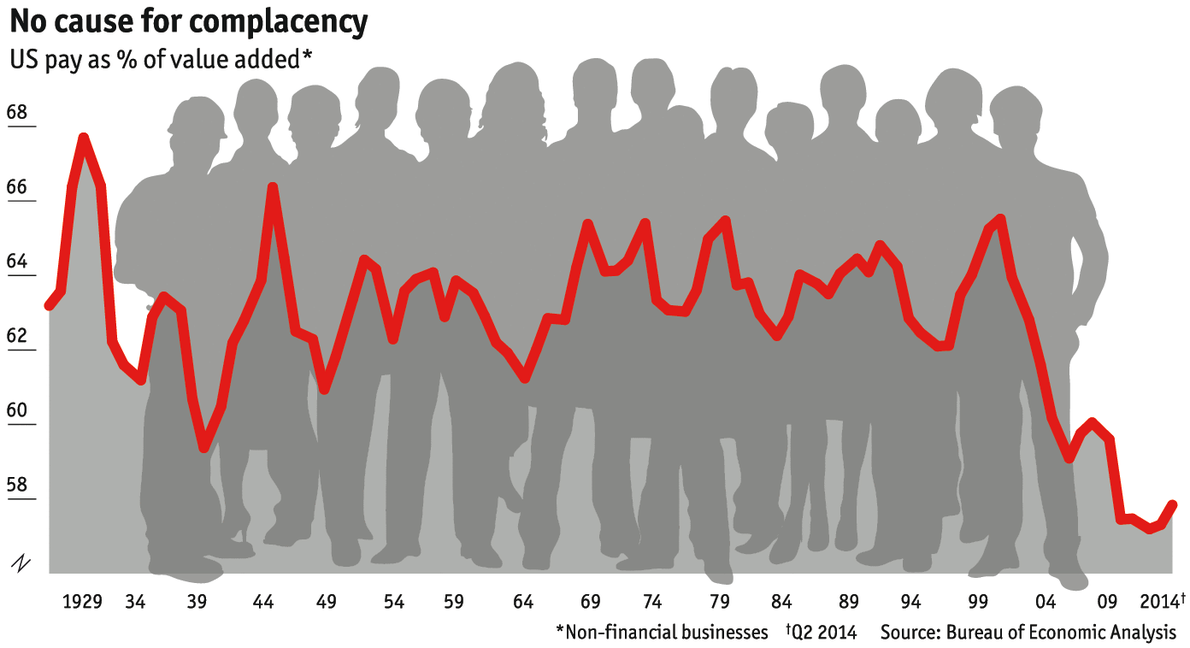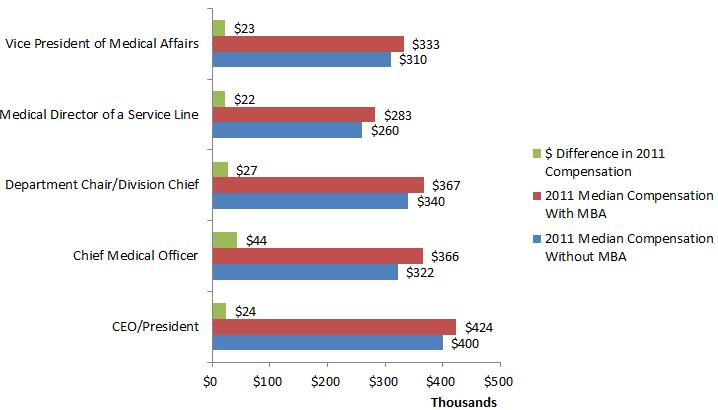Tossing and turning the night before a big presentation at work, or going without sleep for reasons you just can’t explain — there’s little doubt that failure to get a good night’s sleep leaves you groggy and dazed, at best. But the cognitive effects of sleep deprivation, whether you miss an entire night or just an hour each evening, could cost you in ways you never imagined.
Evidence from University of California–San Diego researchers suggests sleep times are directly linked to earnings. Their findings, currently under review, found that sleeping one extra hour each night increased average earnings by 16 percent. For their average study participant, this meant an extra $6,000 per year.
“The worst bout of insomnia I’ve had in my life, I went five nights without sleeping,” recalls 36-year-old Amanda McCauley of Omaha, Nebraska. “I was on a business trip, so I had to work the entire time. I had to be up, moving around, engaging and productive pretty early in the morning, and pull a few late nights.”
McCauley, who works in IT, says she hasn’t seen the long-term effects of her sleepless nights, but knows her insomnia has definite mental effects, which, in turn, affect her at work.
“I have to try and keep busy [on those days], because if I don’t keep busy, that’s when I start to suffer,” she says.
Sleep and Your Mind
The cognitive skills we depend on in our professional lives are affected when we fail to get good sleep. Our abilities to focus and concentrate, reason, remember and make good judgment calls all suffer. Emerging research suggests our brains depend on a nightly bath of sorts to keep them functioning at their best.
“It’s been coined the glymphatic system,” says A. Thomas Perkins, a sleep expert and director of the Sleep Medicine Program at Raleigh Neurology in Raleigh, North Carolina. “This system sort of flushes the brain of all metabolic waste, and it does this every night, getting in between the cells and neurons, purging the brain of the metabolic byproducts of the day.”
In 2013, a team of researchers at the Center for Translational Neuromedicine at the University of Rochester Medical Center in New York found that the brain actually makes room for this nightly flushing of cerebrospinal fluid. Space between brain cells increases during sleep, letting it essentially wash the brain of “toxic molecules.”
(more…)






















